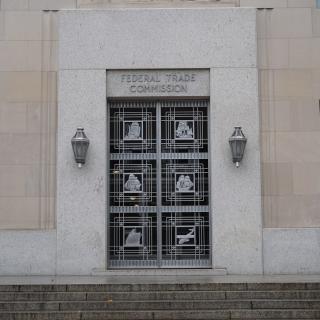Timely Legal Insight.
Practical Business Impact.
Our Insights section delivers strategic analysis and real-world guidance on the legal and regulatory issues that matter most to our clients, particularly those in the automotive, franchise, and employment sectors. From case law updates and compliance commentary to transactional trends and litigation risk, our attorneys translate legal complexity into business-ready knowledge.










